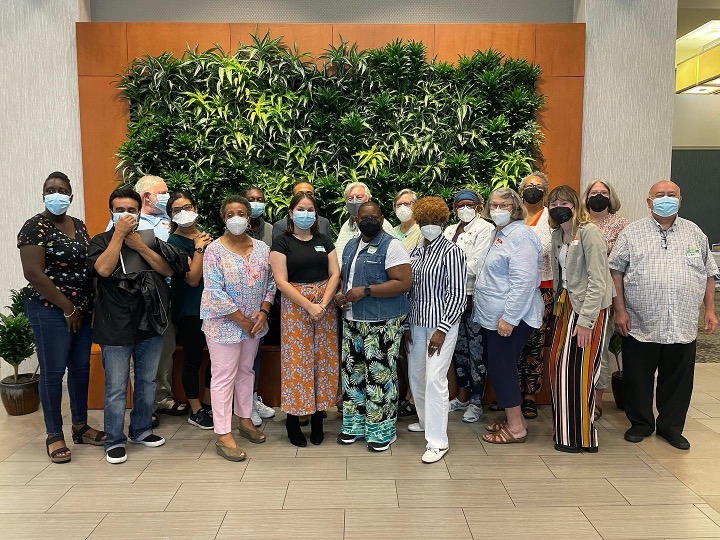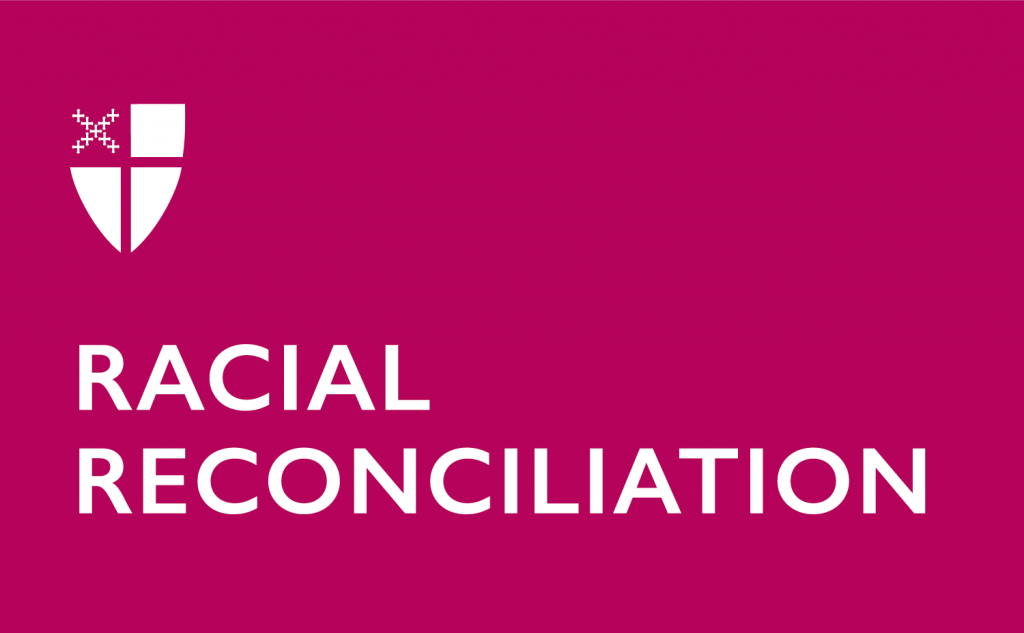From the Becoming Beloved Community Grant Community: MORE Justice
By Dianna LaMance Deaderick
MORE is deepening relationships across racial, language, faith, and socioeconomic lines in Columbia, South Carolina, so people can “Do Justice” together.

MORE Justice is a grassroots organization made up of 26 different faith communities in the Midlands of South Carolina. These congregations represent a diversity, both socioeconomically and among faith traditions. They include Episcopalians and African Methodist Episcopalians, Lutherans and Jews, Methodists and Presbyterians, and many more.
Working together in community has resulted in the development of deep relationships among people who would not have come together otherwise. And yet, these faith communities all embrace the call by God to “do justice” (Micah 6:8). Through that common tenet, we are yoked together to Do Justice.
What does that mean? What do we do together?
Most importantly, we are pressing public officials to address the problems of people with mental illness who are jailed instead of receiving appropriate interventions and housing.
After completing over 70 “house meetings”—gatherings where justice network members share their personal stories about what most concerns them—common themes became evident. One of those was the issue of mental health, especially the unnecessary incarceration of people experiencing a mental health crisis, a group that is disproportionately people of color. After hundreds of hours of research, MORE Justice decided to concentrate on Crisis Intervention Training (CIT) Certification for law enforcement. This 40-hour certification training prepares officers to de-escalate mental health situations and more safely intervene in mental health crises.
The organization that sponsors the training, National Alliance on Mental Illness, had been trying to get this training requirement for officers for 10 years. Because of our organized people power, we were able to get a commitment in one year. MORE Justice received commitments from the Columbia Police Department (CPD) and the Richland County Sheriff Department (RCSD) to train all their officers. The CPD has gone from only eight officers trained to 189 officers trained. The RCSD has gone from a handful of officers trained to 104 officers trained.
Beyond this specific issue, MORE Justice also uses our organized people power to make a difference in the areas of affordable housing and gun violence. We have provided training to our network members, worked to increase community visibility, and covenanted with more congregations. Overall, MORE Justice is helping to increase local grassroots capacity to organize and effectively advocate for issues that matter most.
—
The Rev. Dianna LaMance Deaderick serves as a co-president for MORE Justice and is the deacon at St. Martin’s-in-the-Fields Episcopal Church in the Episcopal Diocese of Upper South Carolina.

